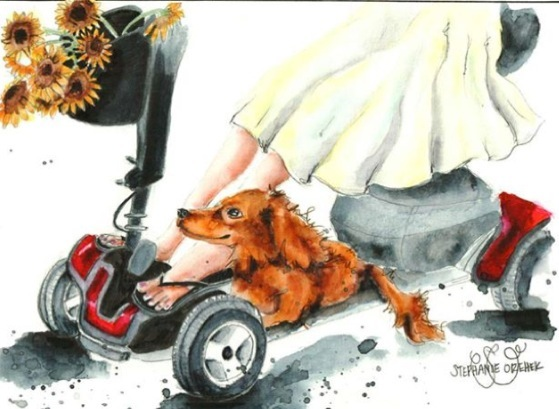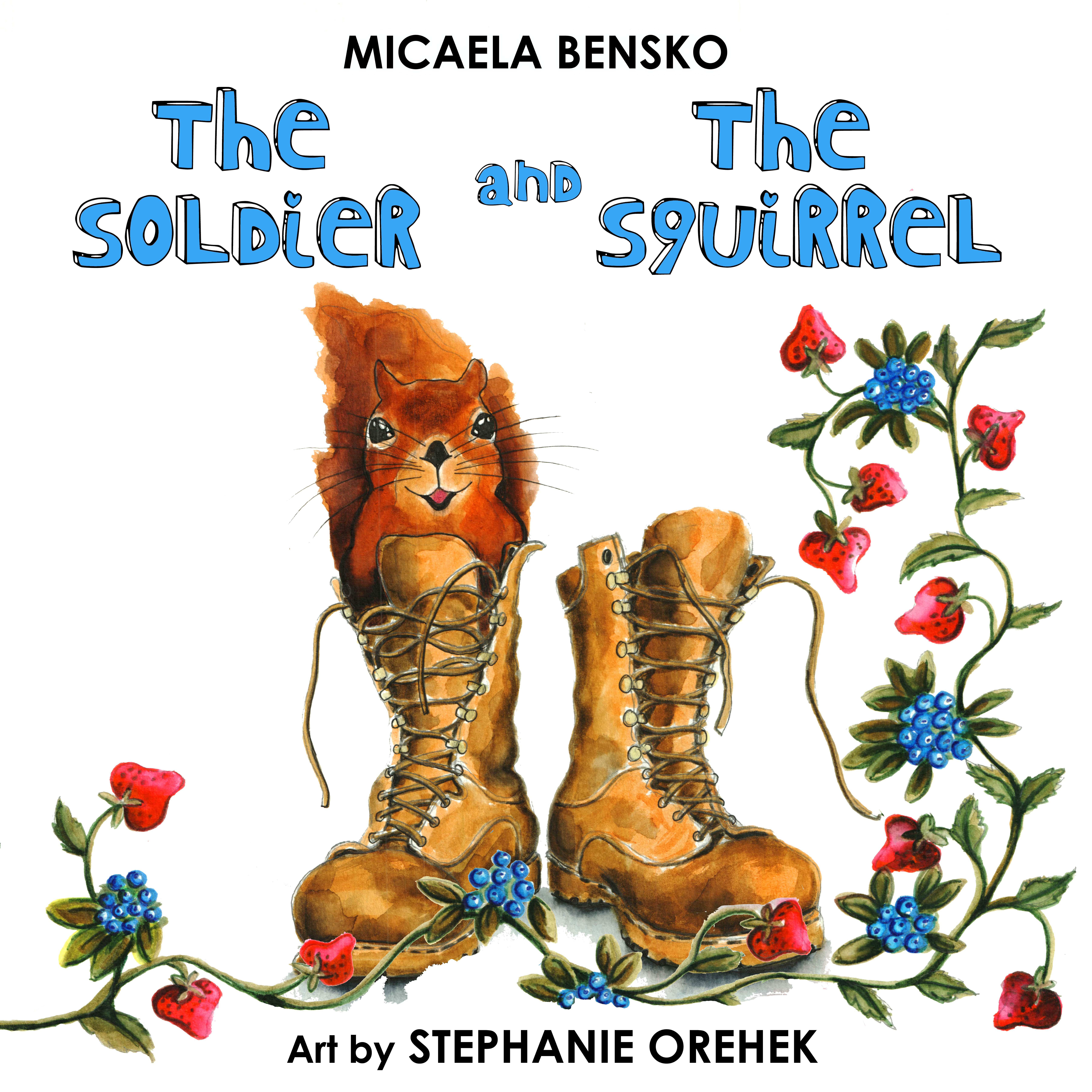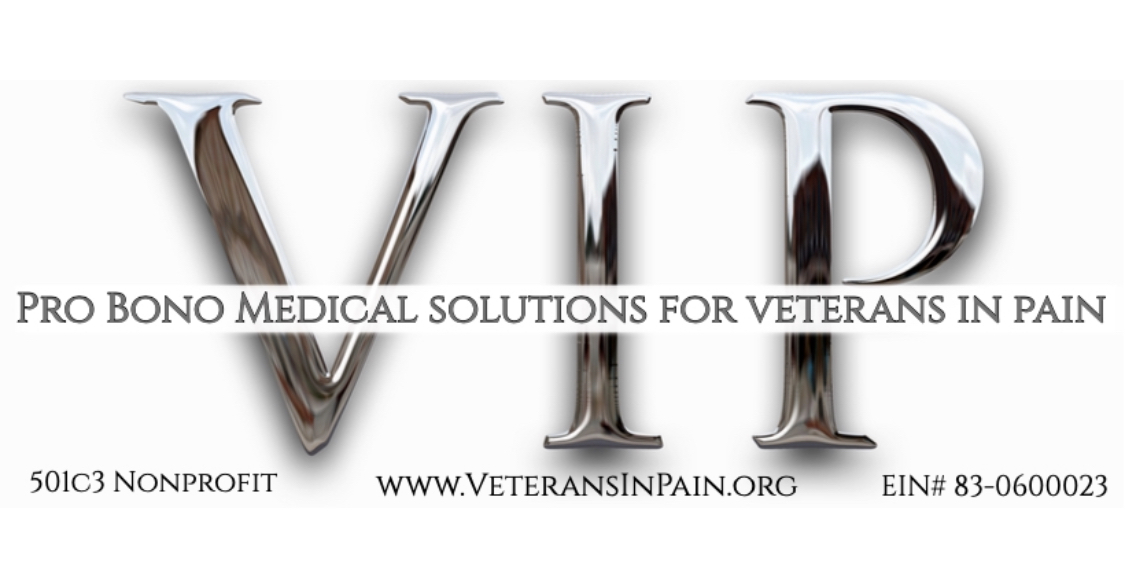Photographs of wounded warriors from the Vietnam War are not common. Due to today's medical advancements, those who would have died in Vietnam due to their wounds, are now surviving often severe burns, loss of limbs, or even a face. Fifty-thousand Purple Hearts beat within our country's core from the Iraq and Afghanistan wars. It is our responsibility to help connect our younger generation with our returning wounded. To engage civilians with the needs of this generation of veterans, so it is automatically assumed that our veterans are a part of our country's genetic code. The first step in providing a supportive environment for our returning wounded, is to enlighten our youth as to who these men and women are, and how to tell if an individual might be a disabled veteran. I was able to practice these efforts by creating a Power Point presentation on the Signs of A Wounded Warrior and speaking to schools with wounded veterans.
I happened to be in San Antonio to attend a military medical conference when I was asked to photograph a photo instrospective on wounded warriors for a non-profit.
With camera bag in tow, I stood at the door of SSG Henline's home. Four-tour Iraq War Purple Heart Recipient.
Henline opened the door. His face a suggestion of the man who had entered the Army so many years before. It is important to note that when discussing Henline and the troops in this story, I refer to them as soldiers as these men are Army. Accordingly, I refer to soldier gender as 'he', but the reference is for women as well, as the he/she conjunction can be disjointing at times.
I am sure I stared for a moment. To soak him in. The brain reacts when it registers an image it cannot complete. Like when a child's head cranes to see a wheelchair passing by.
Henline's greeting was grand. His dogs, Duke and Charlie, announced my arrival. I entered a blast of air so cold my sweat evaporated to a chill.
Burn patients must keep their home around sixty-five degrees. If burned severely enough, a person will lose the ability to perspire. So cooling is essential to their comfort and survival. Especially in the blistering Texas heat.
Henline wore a black t-shirt with white lettering - 'GOT BURNS?' - and eyes that twinkled like a cat that just ate an emu. We proceeded down the hall to the living room.
Photos adorned the walls. Each frame filled with his beautiful wife Connie and their children.
Explaining that someone was "blown up" may sound harsh. But there's no nice way to say that someone planted a bomb under the road and it exploded under your legs. So many wounded just say what it was. Blown up. Because they were.
But Henline still smiles. He didn't for a while. And he still has days where his skin is not his. When he passes himself in a mirror and is reminded of that day.
We sat at the kitchen table, waiting for soldiers to arrive for their portrait sessions. I was just a gal from California with a camera. Didn't matter what I had done before. It would never compare to what had been done to them.
Henline brought out an album of his last tour in Iraq. I saw what he looked like before. I wondered what it was like for him to see himself as he was. Without the burns. Lips and skin that needed to be shaved. Two arms. But he did not seem to be concerned. He had things to laugh about. Jokes that needed to be told. That was when I noticed the softness behind his scars.
Henline is a professional comedian. The kind that makes you blush in Vegas. When you have been blown up, there's little else to fear. So, he lives without the rusted anchor that keeps so many from living their dreams.
As the soldiers arrived one by one, I could sense their uncertainty of my intent. They were trusting me simply because Tempered Steel, Henline, and RAW warrior Bob Ehrig had asked them to. I set up my black back drop in the doorway, and went to work. Every soldier was young and handsome. Some more visually battered. But all were scarred inside.
There was Jacob with his mother, her arms around his chest. Jose with his father. Justin with his wife and toddler, Andy with his newborn child, scarred hands against virgin skin. And Bob with his head bowed into the tips of his fingers as his weathered arms prayed for peace. The day became a cathartic blend. I left a part of myself in Texas that day, in Henline's home, and I never want it back. The part that didn't know their stories. That hadn't touched their scars.
I fully expected that each soldier might leave once I finished his portrait. But soldiers don't leave when their brothers are still there. It is a brotherhood. An opportunity to bond, reliving a kinship that kept them alive when others so badly wanted them to die. Such gatherings are rare, and so can go long into the night. The drinks, the jokes, the tears. Tears do fall. Because it is a language they understand.
A soldier's family and friends did not see what he has seen, and will most likely never feel the depths of his pain. They do not react to the night, when cars backfire, or fireworks curl him into a ball. A soldier returns to the states where he loves his family and wishes they understood. But in order to understand, they would have had to have been where he was. And he wouldn't wish that for the world.
In between portraits, Henline showed me around his home. He shared his t-shirt collection with humorous sayings; A tool in his chest of ice- breakers. He modeled his prosthetic arms like Fabio. One hand rotated, another was a hook. All would make a teenager roar with awe. We toured his children's rooms, so freshly decorated it seemed Extreme Makeover was just there. His office walls held framed clippings of his recovery and stories on his comedic career. He was still technically enlisted, and not yet a veteran. But a warrior he was. Every day of his life.
Then, he took a phone call. And I was left alone. With Duke and Charlie. Walking the hall and absorbing his family's history along the stairs.
It was then I saw the poems. Framed and lined at attention on the wall. Written by him to each member of his family while he was in Iraq. It was at that moment, Henline became something more. More than a wounded warrior who fought a battle and found his soul. He became more than a man who lost his arm and embraced a calling. He became a husband and a father. As I read each poem, I imagined him laying on his bed in Iraq at night with a small light to lead his pen. I imagined his eyes wet with love for his wife- a connection to his children- so strong they could feel the words as he wrote each arc of a letter with his hand. These poems to his family were framed in this hall, because he almost did not come home. Days after he mailed them from Iraq, his Humvee ran over an IED. It was his fourth tour and he wasn't even supposed to be in that seat. He took the place of another soldier that day. Perhaps it was salute of destiny's hand to a man it knew could carry the burden, and be a vessel for changing so many lives that he would do it all over again.
If you ask Henline why he is so positive. How he can get up each day and make people laugh. He will tell you it is because he knows, with all of his heart, that he is now able to create more positive change in this world than that man who blew him up, will ever cause harm.
After photographing wounded troops from all branches of service across the country, the photo introspective unveiled at The Ronald Reagan Presidential Library on Veterans Day 2011. Henline was the keynote speaker.
I stood back and watched as the crowd gathered before each print in reflection, explaining heroes to their children. Henline watched.He told me that for the first time in their life, since that day when their life changed, they could feel eyes upon their soul. And that for once, beyond their scars of war, they were seen.
ALONE
When the busy day comes to an end
And she has cried all her tears out
on the phone to a friend
She tucks the kids in
and kisses them goodnight
She tells them not to worry
everything will be alright
She lies down and wonders
if she will be the one left all alone
If he will be the one
that wont make it home
But she never shows her fear
when they talk on the phone
During the madness of an aggressive fire fight
Another friend fades away
by the end of the night
Thought of his children
crying in pain
Because of his choices
can drive a man insane
The fear is hidden deep
with in his eyes
The truth comes out
with every tear that he cries
He writes in his letters
that daddy will be alright
Even though he almost lost , his life that night
He doesn’t want his wife
to raise the children alone
But he never shows his fear
when they talk on the phone
By Robert Henline March 2007 Iraq
 Friday, July 19, 2013 at 11:58AM
Friday, July 19, 2013 at 11:58AM 

